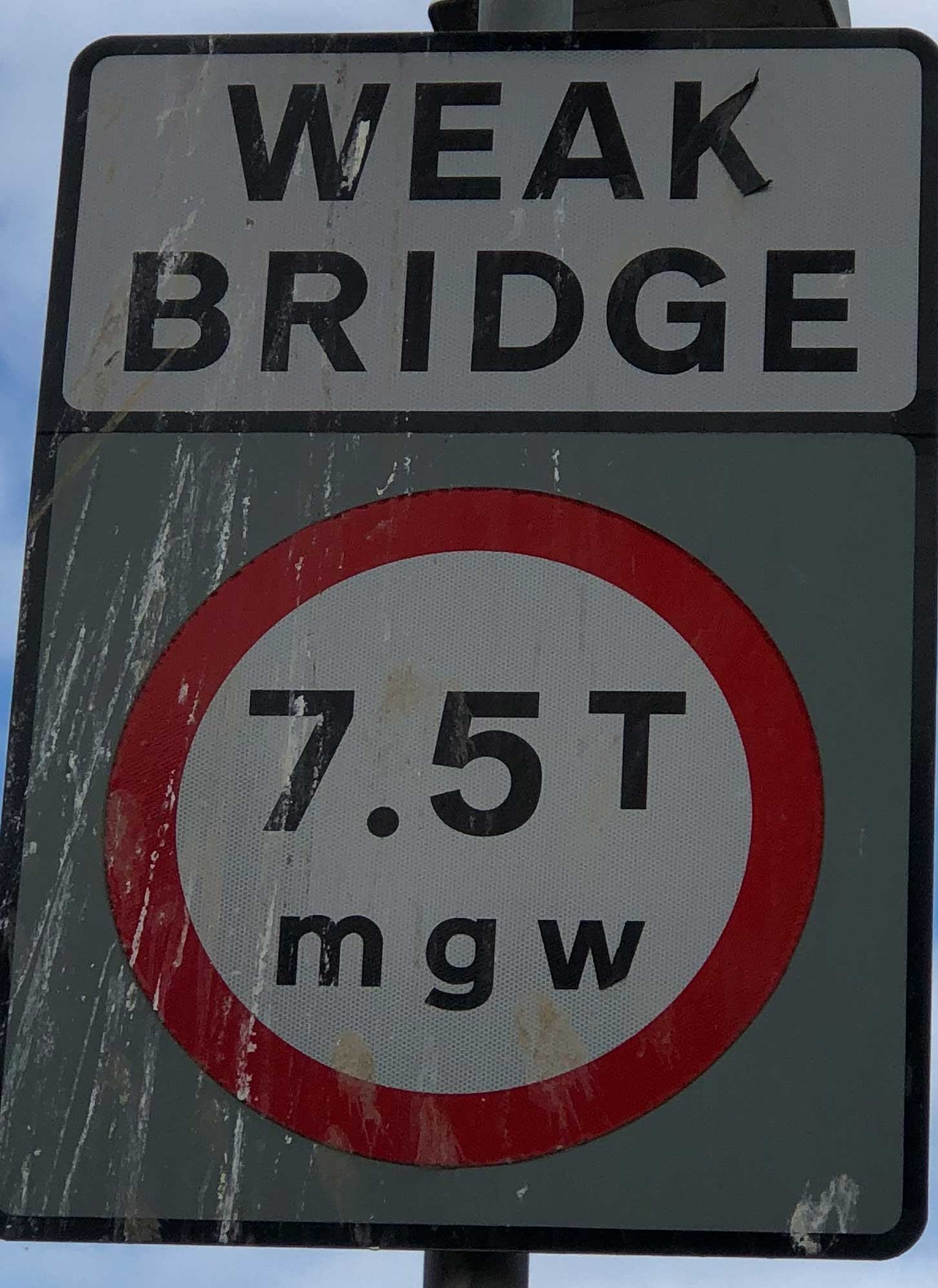Every step we take moves us further along
By Morf Morford
Tacoma Daily Index
“How did you go bankrupt?”
Two ways. Gradually, then suddenly.”
– Ernest Hemingway, The Sun Also Rises
Many years ago I worked for a local entrepreneur. That was long before anyone used that term. He had opened and run, and lost several businesses over several decades.
He used to say that it took him twenty years to make his first million dollars – and eighteen months to earn the second million.
On that scale of things, that’s how it works; momentum is accumulated and, once a certain point is reached, the near gravitational pull takes over and, almost like a law of physics, wealth is accumulated.
This principle holds in the opposite direction as well.
Business are rarely driven into bankruptcy – or individuals into homelessness – by one decision. It is the slow, barely noticeable movement, the “death by a thousand cuts” that takes its toll.
This is true in health as well. One cigarette is essentially harmless – maybe even one a day. But several a day, especially over a lifetime, take an immeasurable toll on one’s health.
You could make the argument that anything, from vaping to soft drinks, to narcotics, used once, have little to no impact on health.
But, if you know anyone who has a history of using those things, they don’t do it once; they do it daily – even constantly throughout the day.
There’s an old saying about addicts – they never get a day off.
Addicts, like the most diligent worker-bees, are absolutely focused. There was a popular book a few years ago titled “The purpose driven life” by Rick Warren.
For the most part it is a very good book that helps readers clarify their purpose in life which helps them focus on decisions that in turn, guides them towards their goals.
This too has a dark side. Drug addicts, like no one else I have ever encountered, have a “purpose driven life” – they know, with absolute precision, what their goal for the day, the week, even the rest of their life will be. The search for drugs trumps all else.
Food, sleep, personal integrity, even physical safety are all eagerly compromised – even traded – for drugs.
I’ve often wondered how it is that so many sacrifice so much – even their lives – for something so ephemeral – even self-destructive – while so few dedicate much thought or preparation to the most important, and time-dominating, aspects of life – like careers and relationships.
No one decides to be an addict, or homeless, or in a terrible relationship, or even a dead-end job.
We just find ourselves there.
A few, or a hundred, small decisions got us there. The vast majority of those decisions were things we didn’t even think about. They were just habits and familiar things we found ourselves doing.
The catastrophe came upon us when we weren’t looking.
Oddly enough, wealth and poverty, good health and addiction all have this in common.
They are the accumulated result of thousands of small decisions and actions that suddenly solidify and become, seemingly, irreversible and inevitable.
The trickle becomes a flood.
Banking collapses occur in the same way. Currency crises strike in the same way. Empires collapse in the same way. They all happen gradually… and then suddenly. Sometimes overnight.
History is packed with examples of entire nations and cultures that have suffered this fate, from the collapse of the Soviet Union in 1991 to the fall of ancient empires from the Mayans, the Romans, the Assyrians, the Ottomans and many more.
Looking back, of course, each step toward the cliff is visible, if not obvious.
No single step was fatal, or even alarming, or perhaps even worth noting.
But it was a step further along a journey that, looking back, seems inevitable.


As we all know, Mt. Rainier is covered in glaciers. Twenty-five to be precise. Mount Rainier’s glaciers are important indicators of climatic change and essential sources of water, supporting five major river systems.
Every living thing, from humans, and salmon to orcas and the Salish Sea itself, depends on the continuing health of those glaciers.
Our local glaciers, like those around the world, are melting at a far faster rate than scientists had projected just a few years ago.
Like a financial recession, or even a depression, there is no one thing any one of us, as individuals, could have done, or even should do now.
It is the weight and impact of our accumulated actions – millions of us, over a few centuries, that have contributed in ways – and produced results – few of us could ever have imagined.
Poverty and wealth are both cumulative.
There’s another saying about drug addicts. Hard drug use is described as “riding the tiger”and the proverb is “He who rides the tiger never gets off”.
We, and those before us, made decisions regarding energy use and production, infrastructure development, financial investment, dependence on fossil fuels and basic lifestyle choices (like smoking, driving individual cars and near-constant use of plastics) that future generations will have to live with.
And they will marvel at our cavalier indifference to the burdens we have left for them.
How do cultures, civilizations, businesses, relationships and yes, environmental systems collapse?
“Two ways. Gradually, then suddenly.”








